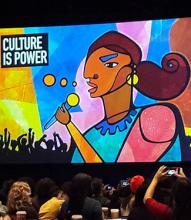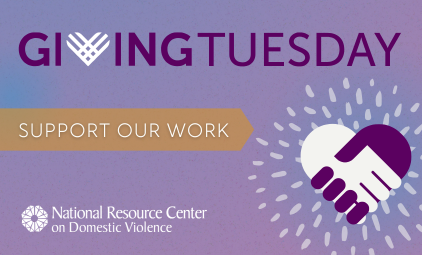We are still struggling to address how women of color have historically been disregarded, dismissed and devalued in the movement. We might be more visible, but do we really have a seat at the table?
VAWnet News Blog
"The reality is that many workers suffer indignities and harm, not just women working in the fields or those employed on movie sets. Some women are more vulnerable to this mistreatment, like those who are of color, immigrants, LGBTQ, disabled, young, employed in low-paying jobs or any combination of those factors."
“That so many women have been brave enough to tell stories with devastating personal consequences to hear that they are still not being believed is very difficult to cope with... We need a critical mass of men to stand up and get involved to tackle this problem and become part of the solution.”
In 2006, Tarana Burke took out a piece of paper, wrote "Me Too" across the top and laid out an action plan for a movement centered on the power of empathy between survivors. More than a decade later, she reflects on what has since become a global movement — and makes a powerful call to dismantle the power and privilege that are building blocks of sexual violence. "We owe future generations nothing less than a world free of sexual violence," she says. "I believe we can build that world."
An examination into the destruction of rape kits in dozens of agencies across the country found that police trashed evidence in 400 cases before the statutes of limitations expired or when there was no time limit to prosecute.
If finalized, this proposed rule would be a significant and harmful departure from the current policy. And it would harm millions of immigrants and their families, making our nation hungrier, sicker, and poorer. Moreover, this proposed rule has the potential to particularly harm survivors of domestic violence.

















